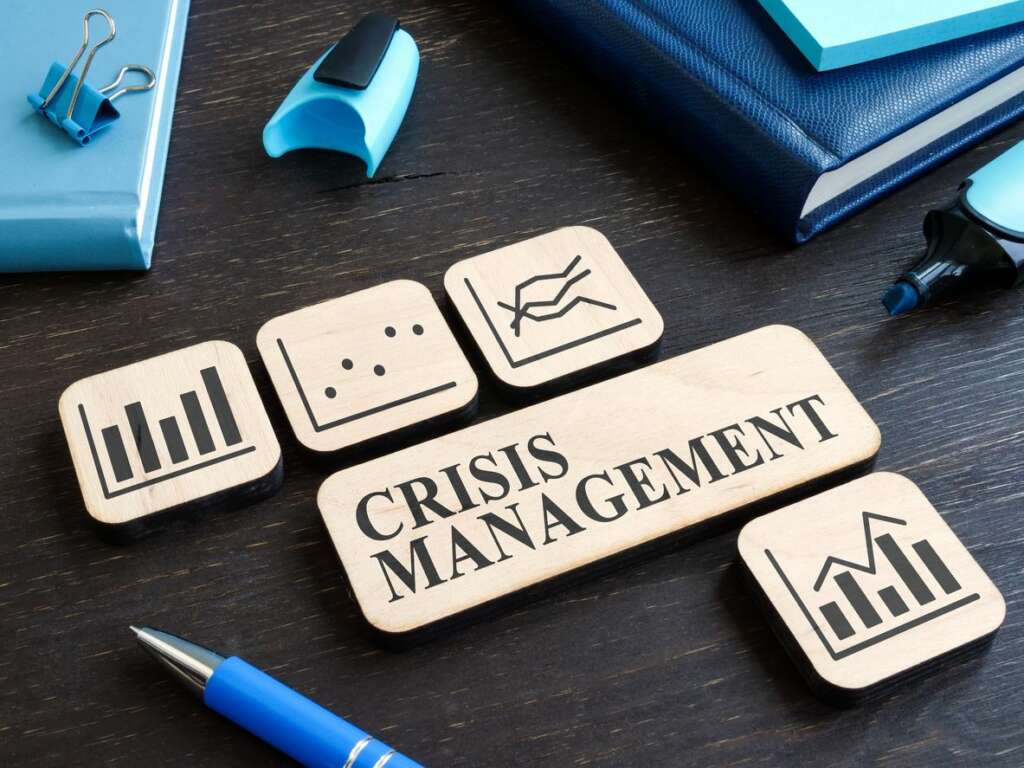

Interview from Angelo Ciaramello, The Funded Trader
How do you survive a recession?
I am no expert on this topic but I am more than willing to share my opinions. I believe surviving the recession starts well before the recession even starts. You should be strict with your finances and live below your means. Prioritize setting up an emergency fund that will cover your living expenses for at least 6-12 months. Having this emergency fund set up will put you in the right headspace during the recession. Too often Americans will overextend themselves and save nothing when times are good.
So, when the recession finally hits, they are upside down on all the luxuries that they couldn’t actually afford. People should also prioritize paying down all high-interest debt, this will not only reduce your monthly expenses but save you money over the long term, as well as reduce the stress of having high-interest debt.
Finally, you should be investing in yourself and developing skills. The value you bring to the marketplace is the only thing that is recession-proof. A high earning capacity is your ultimate hedge against a recession.
During a recession, it seems as though there is a general decline in the ability to spend. Meaning that costs are exceeding the average person’s disposable income. If there was one way to avoid the outcome of not being able to afford things, my advice would be to adjust your lifestyle. This could be an opportunity for you to try and enjoy leisure activities that are less expensive or even free to you. You must remain disciplined during this cycle in order to avoid defaults on your debts or moving yourself into debt.
Where are the important topics in the field of global financial crisis?
The important thing to keep an eye on is where in the world it affected the hardest during these financial times of hardship. In those areas is where there will be the most opportunity.
To name a few you should be looking at the unemployment rates, interest rates, changes in monetary and fiscal policy, and the overall sentiment of the indexes. First and foremost, you need to be looking at the unemployment rates: if fewer people are employed, it means that we can expect consumer spending to drop, which in turn hurts businesses.
If individuals and businesses have less money because of increased unemployment and decreased consumer spending, then there will be less demand for loans. With less demand for loans, we can expect higher interest rates, making the loans more expensive, and further driving down demand.
The impact that these metrics have on the economy will be heavily dependent on the monetary and fiscal policy that is set by the federal reserve and the federal government. Those policies will act as catalysts to further impact the metrics I previously spoke on.
But how do all these rates and changes in policy actually affect us? They are reflected in the financial markets of course! Wall Street has become incredibly efficient and is able to react very quickly to new information allowing prices to more accurately reflect all available information. This means that we can track things like the sentiment of the US-Dollar through the DXY, US equities through the S&P 500, and US mortgages through Freddie Mac and Fannie Mae. The impacts of these causal relationships all play a part when it comes to a global financial crisis and these are just a few examples.
How to overcome the economic crisis, financial crisis, stock market crash etc.?
Overcoming the economic crisis is going to stem from your ability to generate cash flow. This is why it is so important to invest in yourself because the value that you bring to the marketplace is the only thing that is recession-proof. If you already have a skillset you should be looking for ways to implement that skillset into a higher leverage opportunity.
By doing this you will not only increase your earnings but increase your earning capacity.
Now that we’ve established that we need to increase our ability to generate cash flow, let’s talk about what to do with the cash you have on hand. This is not the time for extravagant purchases, this is the time to be buying assets. Whether they be public equities, real estate, or private equity, everyone is looking to sell their assets in the hope to extract as much value from them before they crash. This is where the opportunity lies and why they say “cash is king”.
Because of economic conditions, lenders are less likely to loan as much, as the cost of capital is much higher during times of crisis. So, individuals with cash can come in and buy assets at discounted prices. Buying assets is how you build wealth in this country, because not only can they cash flow, but they appreciate, and that can compound over a lifetime.
Now is the time to focus entirely on generating CASH. You should be doubling down on your businesses in order to generate more cash that can then be invested during these times of opportunity!


